The Long Commute
What are the average Commuting times

drcommute • December, 2019

Dear commuter,
Based on recent data, it is clear that the average commute times around the world are increasing. The spectrum for super-commuters ranges from long-hours daily (usually more than 90 min), commute to journeys that take workers away from home, days, weeks, or even months. Commuting trends are evolving with the working culture. In the future, they will continue to walk side by side with the priorities, and necessities of the modern commuter.
As mentioned in the article above, there is evidence suggesting an intimate correlation between physical, psychological and social elements and the time and condition during your long commute to work.
Average commute times in England and around the World
In 2017/2018, according to the department for transport, the average commute times (one way) in England is 30 minutes, with the longest average being in London 43 minutes followed by East England 31 minutes and South East 30 minutes.
The average trip time (one way) in minutes according to the region of residence:
Based on moovit insights, I will share with you the average daily commuting times, in minutes, of some cities around the World:
Not only is London one of the cities in the world with the longest daily commute, but TUC recent analysis also concluded that full-time Britain employees worked an average of 42 hours a week in 2018, nearly two hours more than the EU average.
These conclusions are setting a new pathway for modern commuters. The transport system, employers and the government will need to acknowledge the shift in commuting and offer choices that could help balance the work-life environment. In the meantime, we can always choose to overcome some challenges by choosing to be proactive and prepared.
The Long Commute: Why is this behaviour on the rise?
Although long commuters are still a small minority. There is evidence that super-commuters come with increased stress levels, lower productivity, and reduced job satisfaction this trend is still on the rise. But why is that? The main problem identified is:
- rising in house prices and housing shortage in urban economic centers
- fewer opportunities for work flexibility
- better career opportunities in big cities
- underestimation of daily commute for jobs with a higher salary
Harvard Business Review article published in 2017 stated the commuter had a biased perspective. What does this mean? They concluded in an unpublished study that a commuter faced with the same job progression, same residence, and same job satisfaction with two job opportunities:
1) Salary of $64,000 with a 20 min commute or
2) Salary of $67,000 with a 50 min commute.
84% of the participants chose a longer commute! This clearly shows the failure to understand the impact of a long commute on the overall well-being.
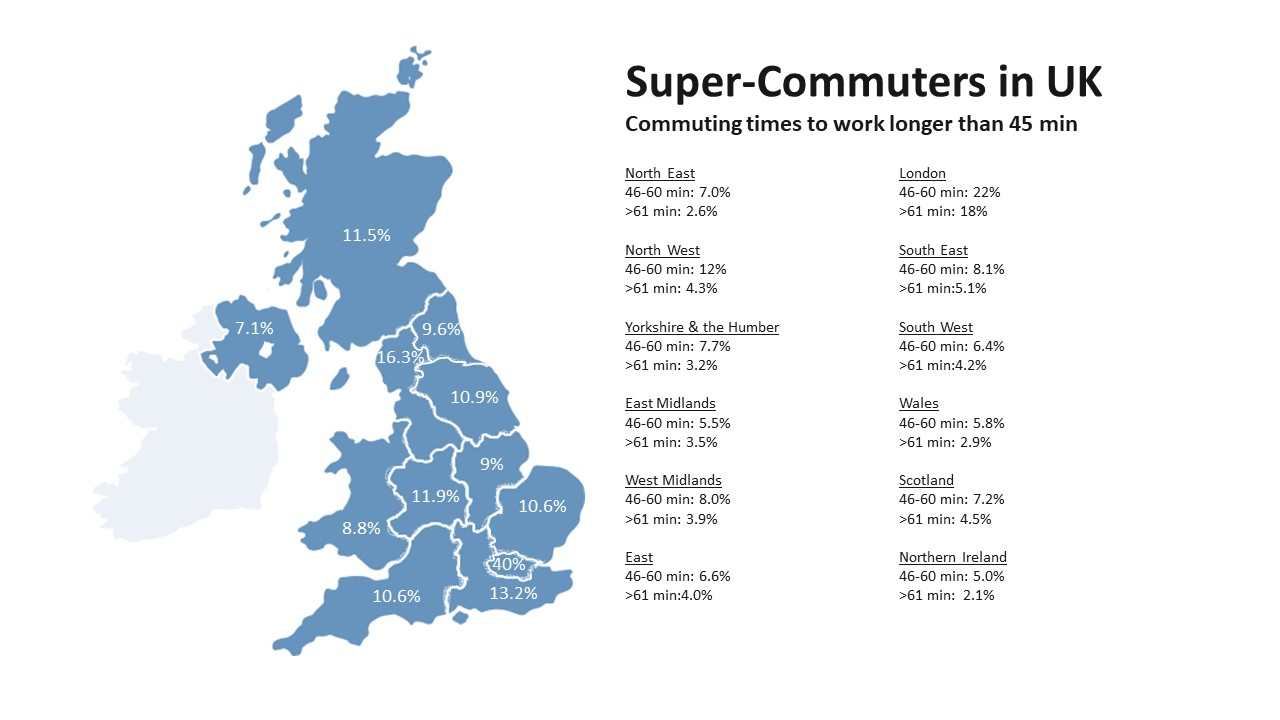
According to several studies:
The 2017 University of West of England (UWE Bristol) study found:
- Longer commute times and long working hours reduce job satisfaction. Although the contrary is found if there is an increase in salary and with a specific job role, for example, a self-employed or manager role.
- 16-29-year-old commuters are less sensitive to long commutes but have lower job satisfaction.
- an additional 20 minutes on your daily commute as the same effect on your job satisfaction as taking a 19% reduction in your gross pay
Mercer 2017 study:
- Longer commutes were prone to increased rates of depression, higher financial concerns, higher BMI and were 46% more likely to have less than seven hours recommended sleep.
McGill University in Montreal 2015 study:
- Demonstrated driving as the most stressful commute mode because “drivers must budget a considerable amount of extra time to deal with unexpected delays and are more likely to be stressed when they are less satisfied with the time of their commute”.
Steps to follow if you are considering a long commute
I quit from a job where the commute was 20 min to a commute that took 90 min per day and then I still accepted a part-time job that was 6 hours by train where I had to stay overnight.
So, you ask what the hell went through your mind? What was my mental process behind this decision?
When faced with a new job Opportunity
In terms of career progression, you need to ask yourself, as I did:
- Will this new job opportunity open new doors for you in the future
- Can it expose you to aspects that can enhance your career/curriculum
- Can you have a mentor that can guide you in your dream career
- Are there any career progression prospects
- Is there flexibility in work times, for instance, part-time
I answered all yes.
Time, Cost and transportation mode
When it comes to long commutes sometimes we overlook the commute time when the job offer ticks all the above boxes and the paycheck at the end is good. What to look for:
- Commute prices, compare modes of commute (car or train) and time for each
- Additional expenses, like meals, parking overnight stays
- Test your commute and get the feel of it. Is it for you?
I had a bad experience with my interview, I decided to drive there… Wrong!! It gave me the idea of how a long commute by car can cause so much stress if there is traffic. It took me one hour more to arrive at the interview venue. Luckily, I left early in the morning. I don’t understand how I got the job offer, I looked like I was hit by a truck.
Should I just relocate?
Discuss with your family and understand the impact it will have to relocate. In the end, you need to understand the strain you will be putting on your family and yourself.
In my situation, I accepted the job because:
- There was flexibility at work. I work every two weeks one day and a half (Mondays and Tuesday morning)
- For a better journey, I decided to choose the train as a mode of commute. The train has free wi-fi. I decided to travel Sunday evening and Tuesday afternoon (off-peak = lower prices)
- I stay two nights at a Travelodge, when bought 8 weeks in advance I have a 30% discount and I use Quidco that gives me cashback
As a result, for the past two years, I am still with this amazing team and I love it! Yes, it is quite a stretch sometimes. There are days that I don’t want to leave the comfort of my home. Nonetheless, I found my commute time very productive. It was during this time that I came with the idea of this new project, I hear a lot of interesting podcasts, read several books and when I just want to chill I meditate and listen to music. You can find here some tips to improve your daily commute.
In conclusion, the final decision is always yours. The best advice I can give you is preparation. Try and anticipate any hiccups. Balance the risks and benefits of this decision. If you do that you will be ok. If the commute is not bringing you any benefits, rethink your priorities and if possible, adjust.
Good luck with your new journey!

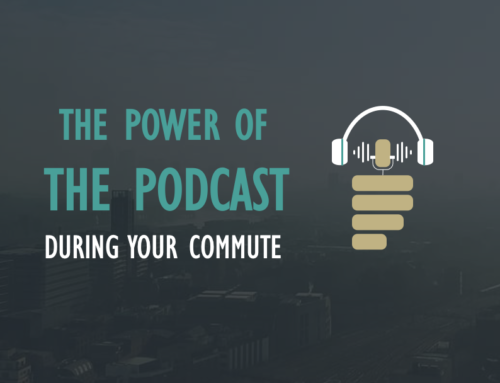
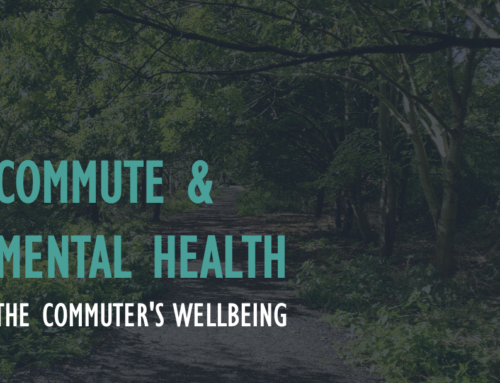
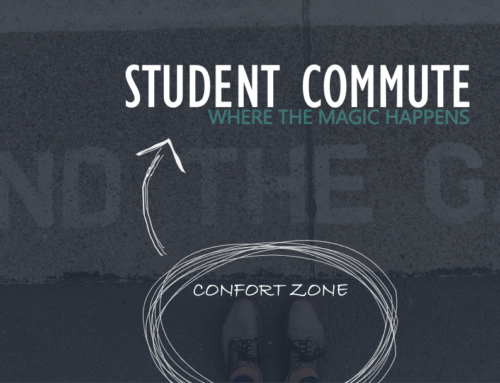
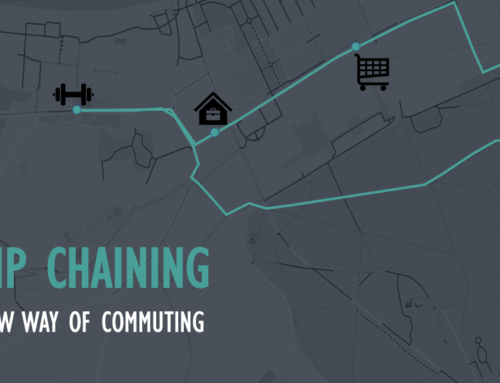
Leave A Comment